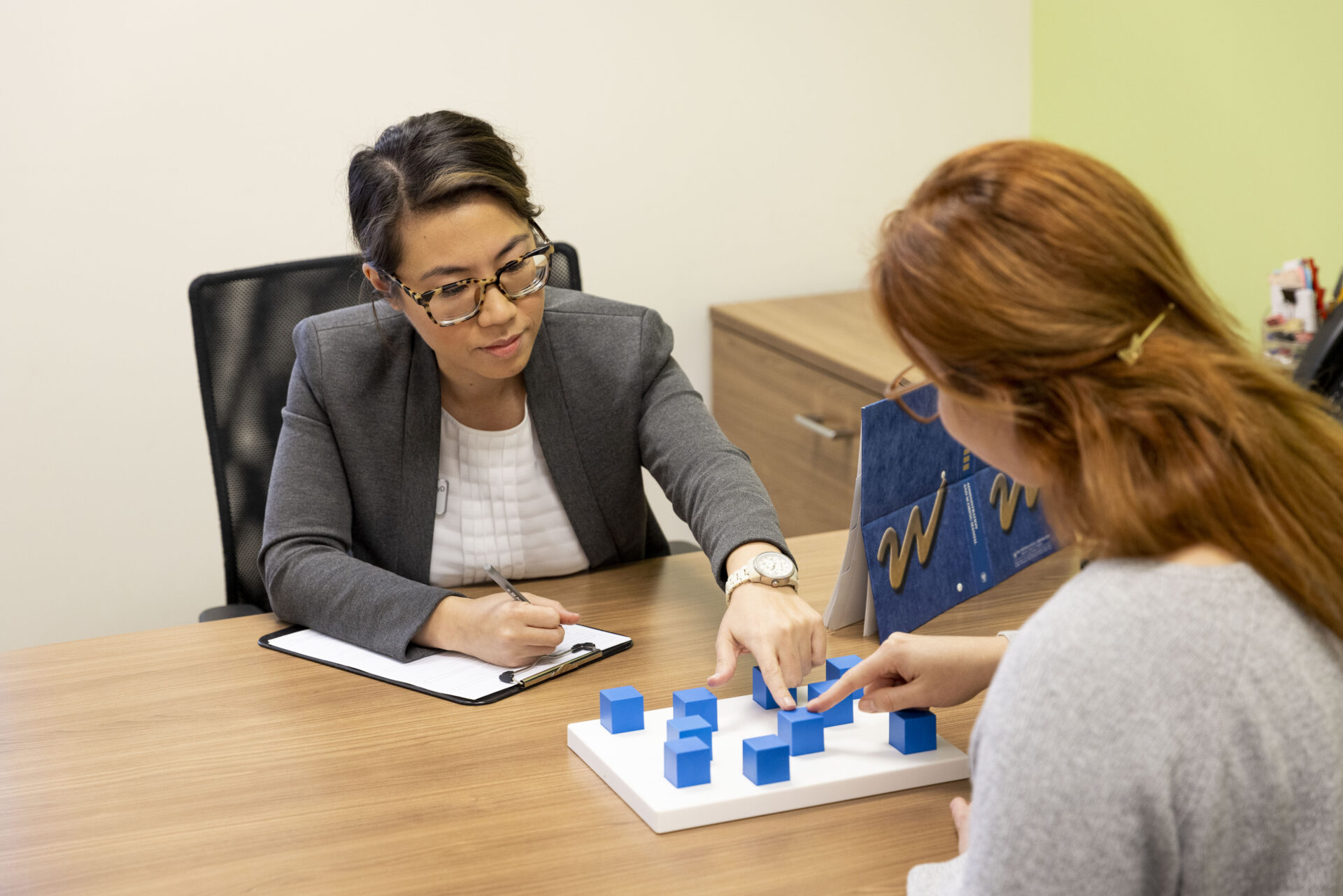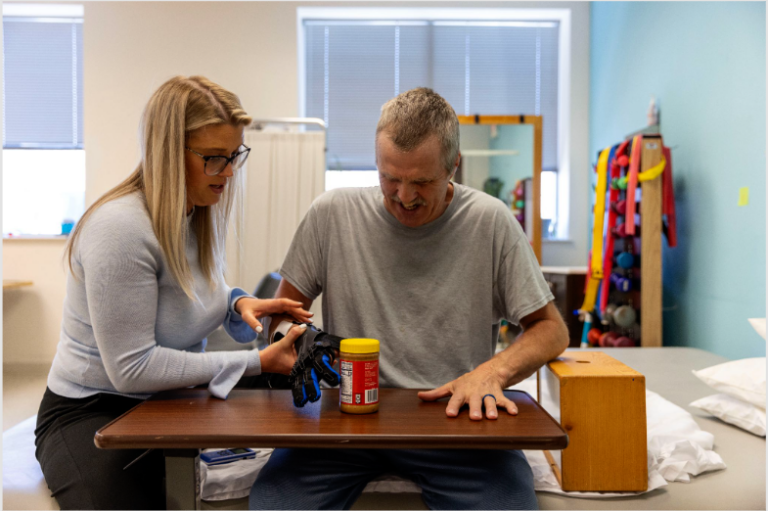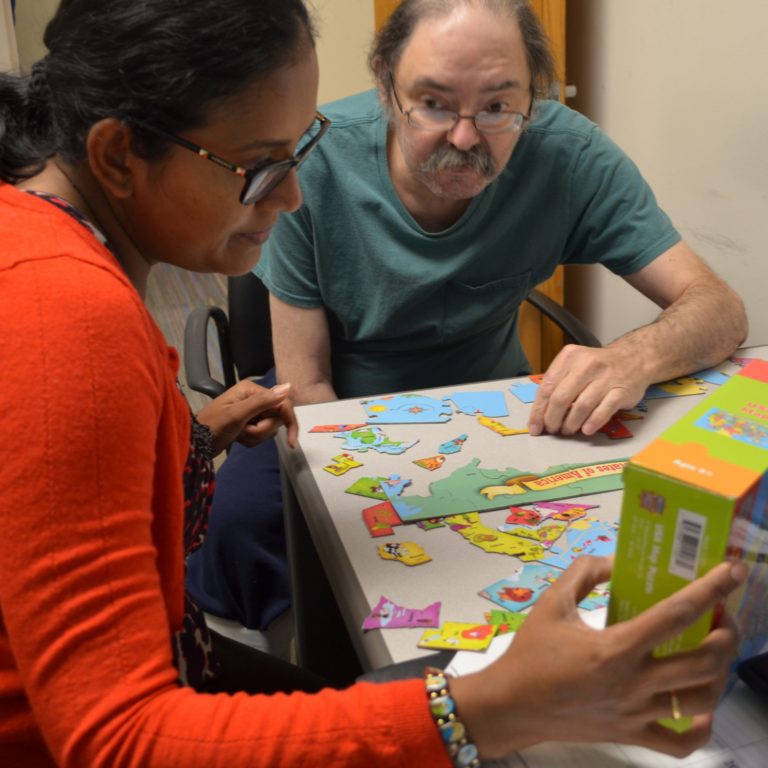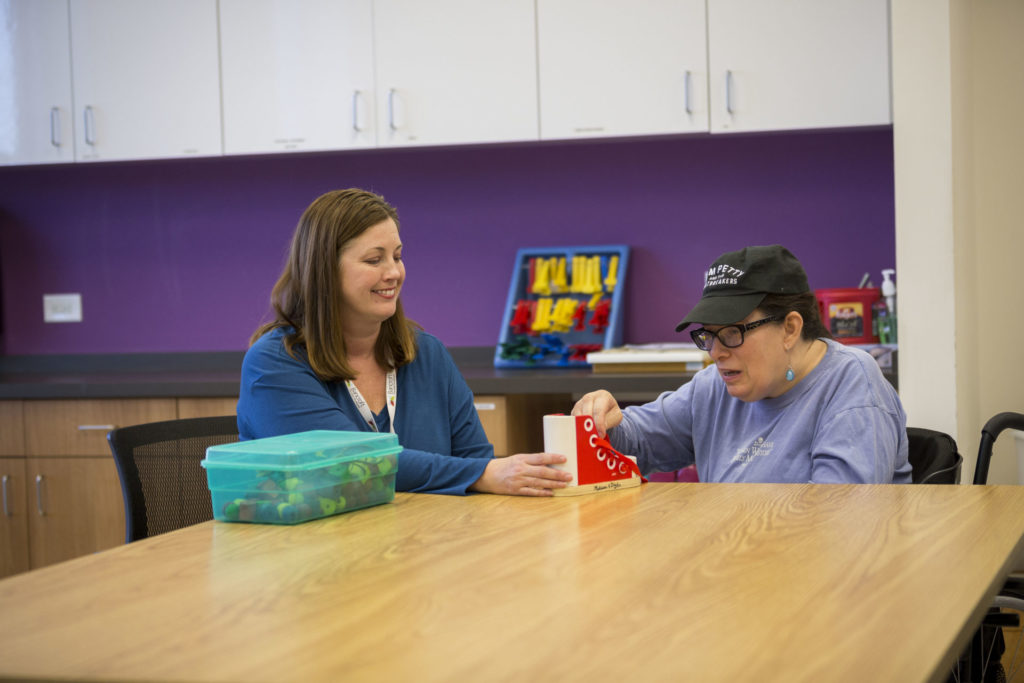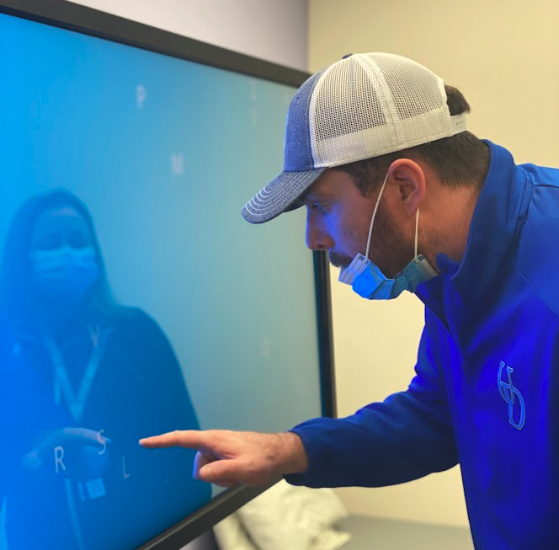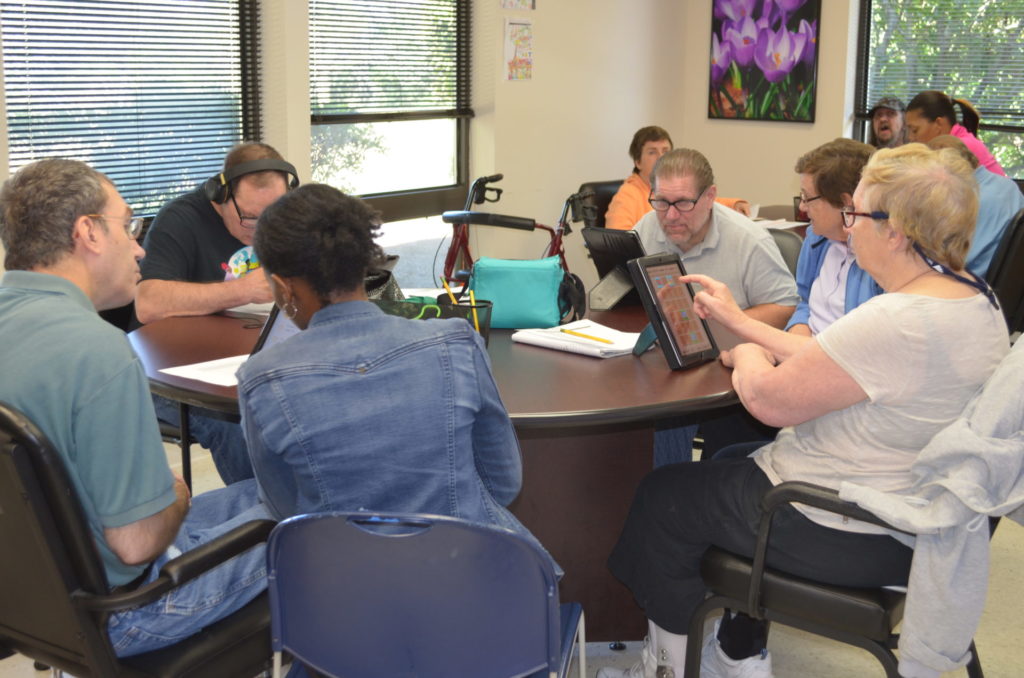Concussion
Home » Conditions Treated » Concussion
Concussion rehabilitation is a structured and personalized program designed to help individuals recover from the effects of a concussion, a mild traumatic brain injury often caused by a blow to the head or a sudden jolt to the body. The primary goal of concussion rehabilitation is to promote a safe and gradual return to normal activities while minimizing symptoms and preventing complications.
Concussion Complications
Most people with a concussion typically feel better within four to five weeks. In some cases, symptoms can continue for several months or longer. This condition is known as post-concussion syndrome or persistent post-concussive symptoms. It is rare after a first concussion but more common after repeated concussions.
Get started with specialty care.
Symptoms of post-concussion syndrome include:
- Headaches
- Dizziness
- Fatigue
- Irritability
- Anxiety
- Trouble falling asleep or sleeping too much
- Loss of concentration and memory
- Ringing in the ears
- Blurry vision
- Noise and light sensitivity
Contact Us
To make a referral or schedule an appointment call 844-234-8387
When to Seek Specialty Care
Acute concussions typically resolve in 7-10 days, if your symptoms are continuing beyond 10-14 days, you may benefit from further testing.
Evaluation
- A Comprehensive Exam, consisting of physical, occupational, and speech therapies will include:
- Neurologic screen
- Strength training
- Dizziness Assessment
- Balance Test
- Headache Assessment
- Pain Test
- Planning and Abstract Thinking
- Memory and attention assessment
After a concussion, thinking of solutions is often difficult, as I’ve been able to find exercises which help me make progress towards my goals of balance and returning to an active lifestyle. I’ve struggled with being able to tolerate the headaches that come with the cardio levels I was accustomed to, but with these exercises reccomended at Bancroft, I’m making steady progress and I am less frustrated because I understand more about the recovery process.
Gillian C.,
BNR Patient
Treatment Options for Concussion Rehabilitation
Bancroft NeuroRehab offers a full range of outpatient services designed to reduce or eliminate concussion symptoms and help individuals reconnect with their regular routines and communities.
Our Services Include:
Return to play preparation: Athletes in the preliminary phase of concussion are armed with the tools and guidelines to safely return to their favorite sports.
Balance, dizziness, and vestibular therapy: Patients who have issues with dizziness, balance, or vestibular function following a concussion work with an experienced therapist to help regain their stability and normal functioning
Cognitive rehabilitation: Individuals work one-on-one with therapists to enhance their thinking and learning abilities with personalized rehabilitation treatment
Neuropsychological care: Treating mental and emotional health while recovering from a concussion can help eliminate or decrease troubling symptoms, provide a better quality of life, and improve overall well-being
Physical, occupational, and speech therapy: Regaining optimal function and rebounding from the physical difficulties resulting from a concussion is possible with the personalized support of skilled therapists
Return-to-work plan: Therapists work with patients to help build the skills that they need to return back to work and develop plans and strategies to manage any ongoing symptoms
Vision rehabilitation: Individuals improve visually-based skills, such as reading, focus, and concentration by working with a therapist to change how they process or interpret visual information



